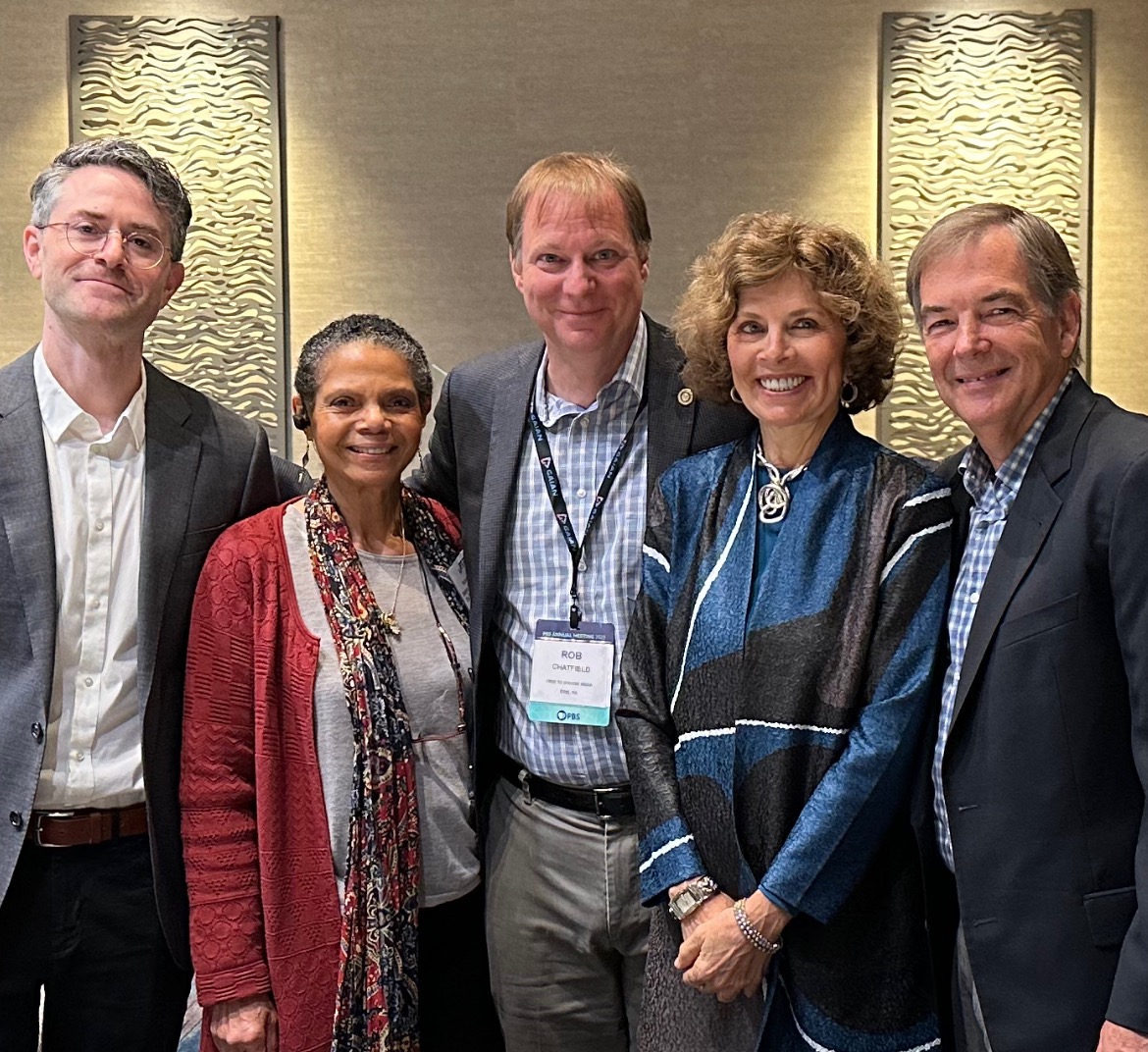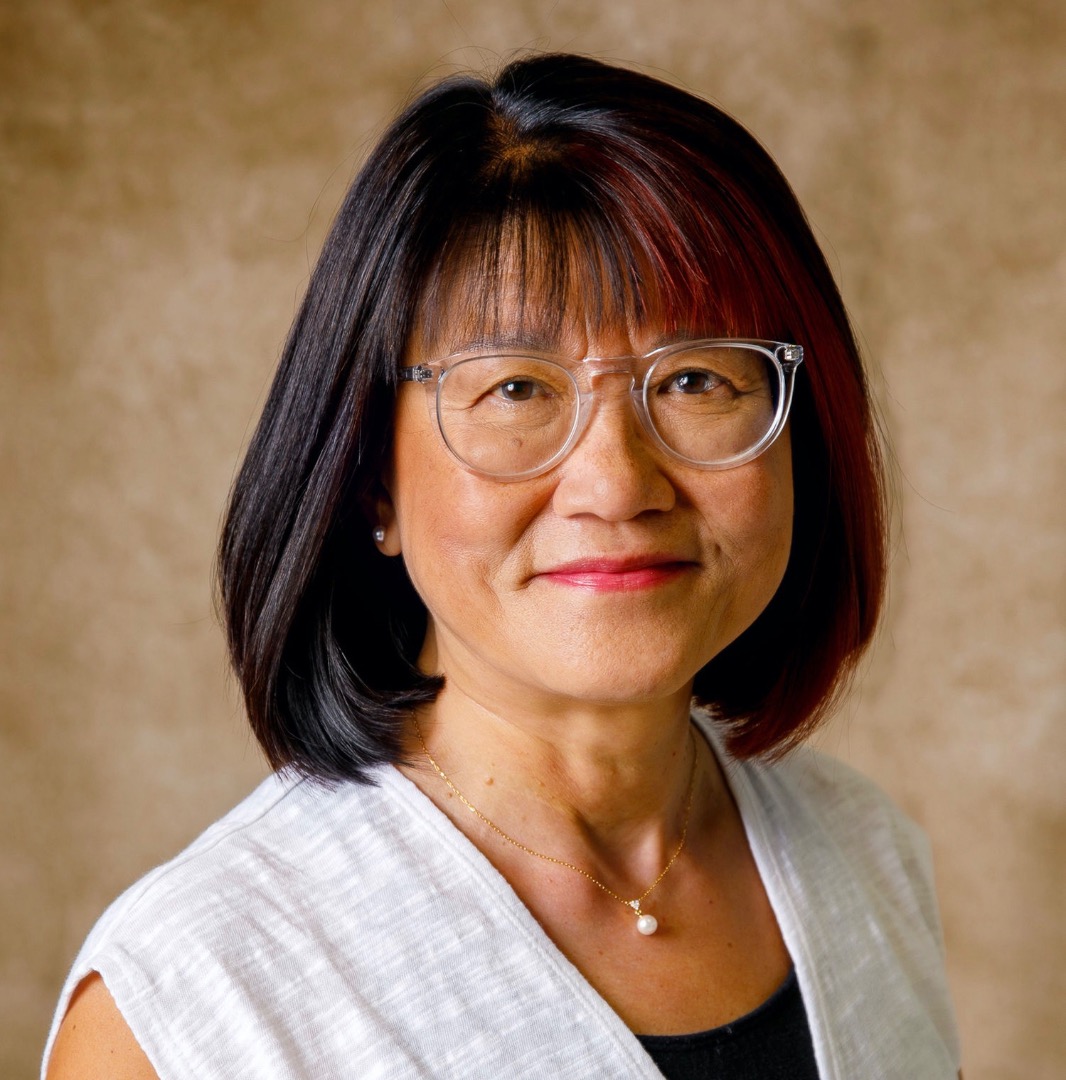In Conversation With Breakout Author Julie Scolnik
“Not every true story is like a good novel, but this one is. Not every memoir of first love has a satisfying ending, but this one does. The confluence of first love with becoming an artist makes this memoir special.” — Best-Selling Author John Irving
From acclaimed concert flutist and the founding artistic director of Mistral Music comes an inspirational and heartfelt debut memoir about young love, heartache, and the role of memory in our lives. Set against a magical backdrop of classical music and Paris in the late seventies, Paris Blue: A Memoir of First Love (Koehler Books, October 5, 2021) is a true fairy-tale memoir (with a dark underbelly) about the tenacious grip of first love.
How long did it take you to write Paris Blue, and how were you able to remember entire conversations from 1977?
This story has been lingering in the corridors of my psyche for forty years, and I always knew that one day I would have to tell it. It begins in 1976, when I had just arrived in Paris at age twenty on a Junior Year Abroad program with my school. I also came to study the flute with a famous French flute teacher. At first I wandered around in a state of disbelief, but by November the sun stayed hidden behind opaque clouds day after day, and I began to feel lonely and lost. I needed to find a way to fill the void, so I joined a chorus. And not just any chorus – one that sang with the Orchestre de Paris. From across a sea of faces, I was drawn forcefully to Luc, a married French lawyer in the bass section. And that is where this love-at-first-sight tale begins.
What happens during the next eighteen months is the structure of the first part of the book—our deliciously restrained courtship, the deep romance and then the shocking and sudden heart break when Luc comes to the US. But the memoir covers three decades, and follows me into my forties as a professional musician, and into a happy marriage with children, and yet, my search for answers and closure continued. The book follows this arc and although it doesn’t cover the forty-five years since then, it took me that long to figure out the best way to share this story with the world.
At twenty-two, I wrote down the saga in long hand up until that point in time, fall of 1978. I had not kept a journal during our romance, but when it was over a year and a half later, I wrote it all down, every verbatim conversation. I remembered it all in such detail, as if it had been indelibly imprinted in my memory.
What is the one thing in the story that you felt the most connected to, or what do you hope readers take away from your story? Why did you need to tell this story?
Such a big question, and such a good one. I might start by quoting a line I came across from Maya Angelou who said, “There is no great agony than bearing an untold story inside you.” For some reason, I knew I had to share this story. I have heard from countless readers already that it brought back their own stories of first love. I am fascinated by this phenomenon. When you share your story, you share your humanity, and how you triumphed over something, and a reader shares your stages of transcendence. And I was driven to write it because I believe there is something to be learned from a story with a universal truth such as this one.
The “take-away” would be the following:
- That, when an intense, romantic and passionate “first love” ends suddenly without answers, it can take a lifetime to get over.
- That poetry, music, and Paris can drive love to madness.
- That our memories are not to be deleted and canceled, but treasured, whatever the outcome, and that they are our “life and food for future years.” (Wordsworth)
What were the specific processes that you went through during the last 4 decades to finally bring the book to where it is now?
I did little with it for the first decade or so but I eventually did transcribe the notebooks into a typed manuscript on my computer. And every few years I would haul it out, dust it off, and work on it, adding, in fact, way too much material! I tried to send it out long before it was good enough, and one agent suggested I turn it into a novel which I did! But it was a very bad idea as it was still just a thinly-disguised memoir. It even had a different title —Lilies that Fester —from Shakespeare Sonnet #94. And I knew it hadn’t reached its final truest version although I knew it was in there somewhere. So I got discouraged and abandoned it again for years.
Then maybe twenty years ago, a new title and the point of the book hit me one day. And it was a revelation. Because as we all know, it’s not enough to have a good story – it has to have a point. First I titled it “A Certain Shade of Blue,” but then Fifty shades of Gray appeared, and I knew I couldn’t keep that title! So I changed it to Paris Blue (which is so much better anyway). I don’t want to reveal here what the Blue in the title means, but it is not at all what one might assume!
Then I read a book on memoirs and learned that a memoir is a universal truth as illustrated by a personal story, and I had found my truth. So I turned it back into a memoir, cut 100 pages, and deleted anything that was tangential to the story. A manuscript consultant with fresh eyes helped me a bit with the timeline (as I was trying to cover many decades and multiple life events and flashbacks, all of which was complicating the story-telling.) And the book finally reached its truest, best version.
Now that Paris Blue is complete, is there another book that you have thought of writing and if not, what’s next for you as an Author?
That’s a good question, and one that others have asked me during my interviews. I am flattered by it, because even though this memoir has been resonating deeply with people across boundaries, I would still never call myself a writer! I am still in shock when people comment on the beautiful writing and lyrical silken sentences. I feel that I wrote the story very simply and just told this story from the heart. As for my future as a writer, I am not sure. I have to confess that I enjoyed the process very much, and even now miss the daily process of polishing sentences and finding the best way to say something. I know I could never write fiction, and I certainly have a lot more autobiographical material. And I like telling stories. So I will be thinking about this in the next few months. Another thing to mention is that the arc of the book ends about twenty years ago. So there is, in fact, another 25 years since then that I am tempted to recount. But I think also that this may be my one and only oeuvre
Julie Scolnik
Author of “Paris Blue”
An expert in book marketing, Michael has personally rebranded more than 1,000 books and made them bestsellers. He has written and published over 7,000 articles and has personally conducted interviews with some of the biggest names in dance music. Michael is passionate about disrupting his industry--and helping writers and music producers do the same. His extensive background in coding and SEO helps his clients breakthrough the digital landscape.
Prior to founding his own businesses, Michael worked in revenue-generation for leaders in the banking, telecommunications, and commercial business insurance industries, including Citibank Financial, Lucent Technology, AVAYA Communications, and Liberty Mutual.
Michael holds degrees in Business Administration, Business Management and Marketing from Nova Southeastern University. The author of two books, he is a dedicated reader and publisher, with many more books on the way.
- Navigating Leadership and Fulfillment: Monique de Maio shares insight into ‘The 7 Secrets to Creating a Life You Love’ in Exclusive Interview - January 29, 2024
- Revolutionizing Leadership: A Deep Dive into Adriana Vela’s ‘Brain Science for the Soul - January 16, 2024
- Learn From This Blind Man How To Set Ambitious Goals – and Achieve Them - January 2, 2024



